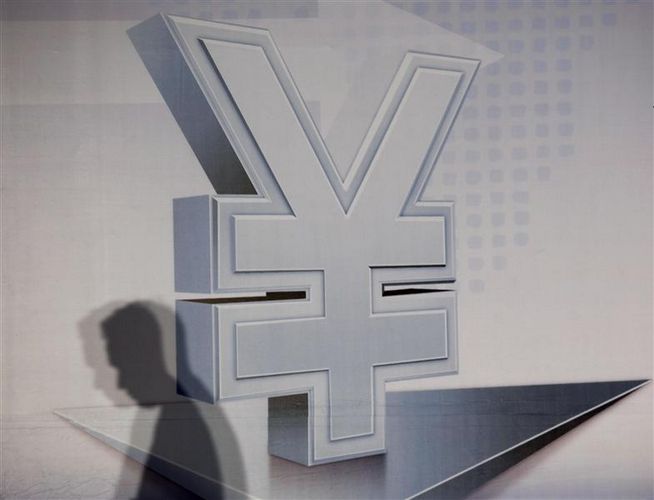Several local and international firms say they are devoting additional resources to the fast-growing offshore renminbi bond market to build an early foothold in the promising secondary market for the so called Dim Sum securities.
“We have done several Dim Sum new issues recently, and we believe that market is growing,” said Anitza Nip, head of flow credit trading, Hong Kong, at National Australia Bank. “We make markets for the [new] issues we do and are planning on rolling out a full secondary (renminbi) trading platform as soon as this year.”
More bonds were sold in the offshore renminbi market in the first half of 2014 than in the entire previous year, according to Thomson Reuters data. HSBC, the top arranger of offshore renminbi debt offerings, expects sales of new bonds and certificates of deposit to total Rmb520bn-Rmb570bn (US$84bn-$92bn), up from about Rmb371bn in 2013.
That pace of growth is alluring for banks in the region.
“While the liquidity in the Dim Sum market has still a long way to go to reach the G3 markets, the management is very keen to maintain our edge in this market,” said a Hong Kong-based rates and foreign-exchange trader, whose investment bank recently moved a credit derivatives analyst to Dim Sum trading.
Many Dim Sum issues are still too small to be actively traded by the world’s biggest credit funds, but bankers note an increase in overseas interest for the securities.
“We are seeing more investor queries from various quarters, even outside the region, when it comes to China fixed income,” said Vishal Goenka, head of local currency credit trading, Asia at Deutsche Bank based in Singapore.
Cross-border flows
China has stepped up efforts to promote the use of its currency overseas in recent months, designating clearing houses for the renminbi in global financial centres such as London, Frankfurt and Paris and relaxing restrictions on cross-border flows both into and out of China.
This has helped stimulate demand for securities denominated in the Chinese currency.
“Compared to a few years ago, liquidity in the CNH market has improved a lot, the pool of money available has increased, and the push for the internationalization of the renminbi has intensified,” NAB’s Nip said. “More and more European funds, as well as others, have expressed interest in CNH. The market is developing - I would say - developing fast.”
Still, banks and brokerages are taking a cautious approach to beefing up their Dim Sum trading platforms. The global fixed-income outlook remains bleak, with low market volatility weighing on secondary-market turnover and tougher capital rules limiting banks from holding large fixed-income inventories.
“When we see more [consistent issuance] leading to deeper markets, we will see more investor participation and that would see market trading beef up,” said one head of Asian fixed income.
Still, his firm and others are acting on their positive expectations for the market segment.
“We are putting resources in. It may be too early yet to put folks on Dim Sum trading full-time, but the trend is definitely there.”
Foreign funding
Chinese companies are increasingly turning to the overseas markets to raise funds for expansion, and bankers expect this growing use of foreign funding to lead to greater demand for specialist China fixed-income trading.
China, Hong Kong and Taiwan account for 52% of all US dollar bonds sold so far this year from Asia, excluding Japan and Australasia, according to Thomson Reuters data.
At US$62bn, 2014’s tally of US dollar bond issues from Greater China is already an annual record. That figure has surged more than six times since 2009.
Arrangers need to support those debt issues for their Chinese clients by providing liquidity in the secondary market, while a greater volume of Chinese bonds outstanding means there are more opportunities for traders to exploit.
“While low volatility now means turnover is low, China fixed income is attractive for a bunch of reasons, and it is only set to grow if you take the 10,000 feet up in the air perspective,” said Deutsche’s Goenka.
